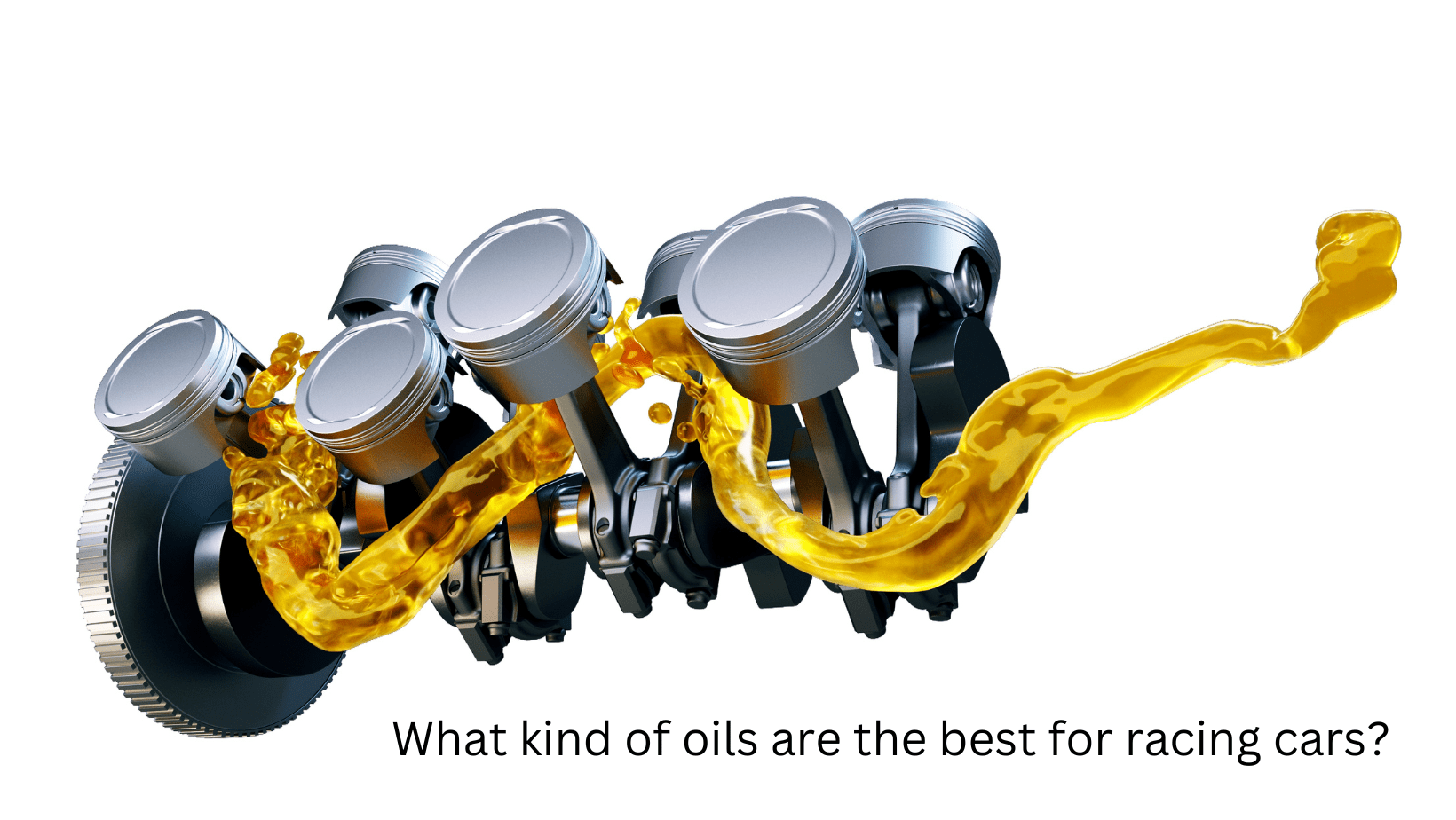Racing car oil requirements
The Vital Role of Oil in Racing Car Performance
Racing cars are engineering marvels designed for speed and agility. But what keeps these high-performance machines running at peak efficiency? The answer lies in a crucial but often overlooked component: motor oil. In racing cars, motor oil does more than just lubricate moving parts. It plays a pivotal role in engine cooling, protection against wear and tear, and even influences fuel efficiency. The high speeds and temperatures racing cars endure demanding an oil that can withstand extreme conditions without breaking down or losing viscosity. Today we will discover racing car oil requirements!

Key Takeaways
| Key Point | Description |
|---|---|
| Importance of Oil in Racing Cars | Discusses why the right oil is critical for racing car performance and longevity. |
| Racing Car Oil Requirements | Details the specific oil needs of racing cars compared to regular vehicles. |
| Choosing the Right Oil | Offers guidelines on selecting the best oil for racing cars, including viscosity and type. |
| Maintenance Tips | Provides tips on maintaining optimal oil health in racing cars. |
| Linking to Expert Advice | Connects readers to further detailed guides on oil types and maintenance for various vehicles. |
Understanding Racing Car Oil Requirements
The oil requirements for racing cars are markedly different from those of standard vehicles. Racing engines operate at higher temperatures and pressures, necessitating oils with higher viscosity and thermal stability. These oils must also be capable of resisting shear forces and maintaining a protective film over engine components, even under the stress of high-speed racing.
The Right Viscosity for Peak Performance
Viscosity, a measure of an oil’s thickness and flow characteristics, is a critical factor in racing oils. High-performance engines typically require oils with higher viscosity ratings to ensure adequate lubrication at elevated temperatures. However, too thick an oil can hamper engine efficiency and responsiveness. Balancing this viscosity for optimal protection and performance is key.
Synthetic vs. Conventional Oils
For racing cars, synthetic oils are often the preferred choice. These oils are engineered to provide superior thermal stability, better protection at high temperatures, and more consistent viscosity characteristics. Our article on synthetic vs. conventional oil delves deeper into this topic, offering insights into how these oils differ and their impact on vehicle performance.

Maintenance Tips for Racing Car Oils
Regular maintenance and timely oil changes are vital for racing cars. Due to the harsh conditions experienced during races, oil degradation can occur more rapidly, necessitating more frequent changes. Also, consider the specific demands of your racing circuit – different tracks and racing styles might require different oil change intervals.
Monitoring Oil Health
Monitoring the condition of your racing car’s oil is crucial. This involves not only adhering to recommended change intervals but also being vigilant about signs of oil degradation, such as changes in color or consistency. For more guidance on oil change frequencies and signs to watch out for, check our guide on the basics of oil changes.
Concluding Thoughts
Selecting the right oil for a racing car is not just a matter of preference; it’s a critical decision that impacts the performance, efficiency, and longevity of the engine. By understanding the unique demands of racing engines and choosing an oil that meets these needs, you can ensure that your racing car delivers optimal performance every time it hits the track.




